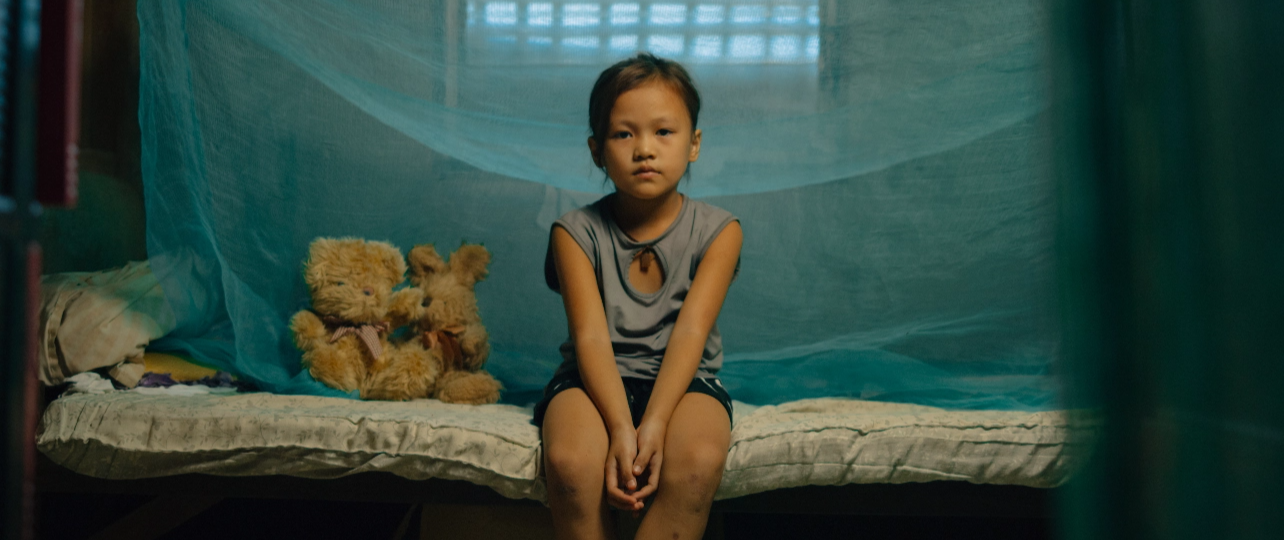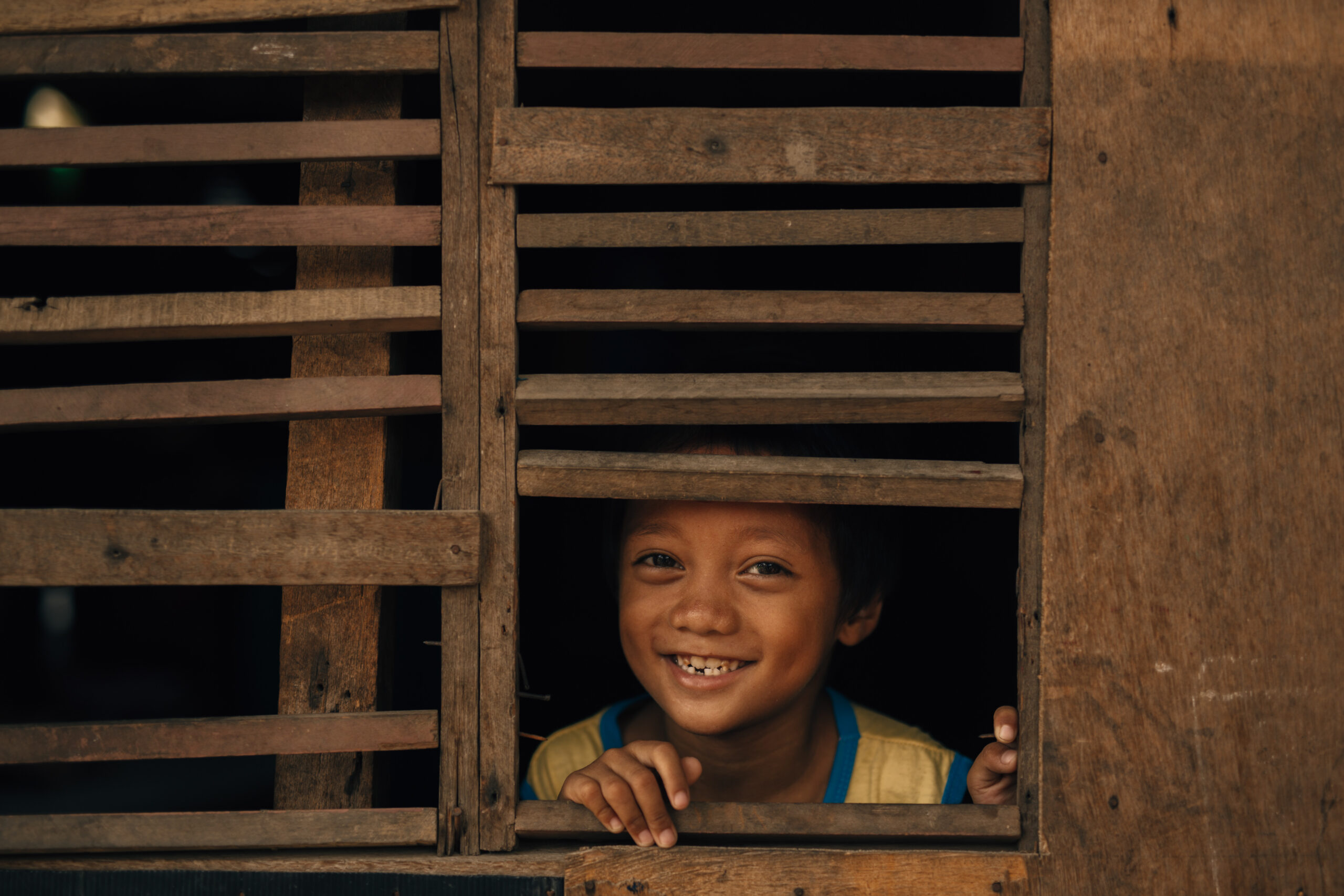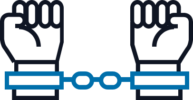2019-Present
Westpac
Accelerating the Asia Pacific regional response to the online sexual exploitation of children (OSEC)

INTRODUCTION:
Since 2019, Westpac and IJM Australia’s partnership has significantly accelerated efforts against online sexual exploitation of children in the Philippines and fuelled a movement to root out this borderless threat against children.
Through the partnership, IJM Philippines has grown its program addressing online sexual exploitation of children in the Philippines, built collaborative casework with front line law enforcement organisations, and enacted system reform initiatives in partnership with the Philippine Government and other stakeholders. The growth of the Philippine OSEC program has enabled IJM to engage with both demand-side and source-country governments, and stakeholders in the technology, finance and banking sectors, along with community service organisations and electronic service providers.
With Westpac’s support, IJM launched our Global OSEC Program, leveraging best practices developed in the Philippines to fight this crime on a global scale. The partnership has enabled the launch of IJM’s Center to End Online Sexual Exploitation of Children to replicate our model in other countries and work with technology and financial industries to improve the detection and reporting of this crime.
THE PROBLEM:
Online sexual exploitation of Children (OSEC) in the Philippines and globally
Online Sexual Exploitation of Children (OSEC) is an extremely violent, destructive and growing form of child sexual abuse and trafficking. This emerging crime was fuelled through the growth of live-stream internet technology, which allows paedophiles to identify, purchase and direct the abuse of children for viewing from half-way around the world. Due to COVID lockdowns, demand for live streamed child abuse has increased dramatically and indicators show the crime is starting to spread into other countries.
On one side of the video call are abusers - primarily men - who pay to direct and watch children abused live on free public websites. These offenders live in the United States, Canada, United Kingdom, Australia, Japan and dozens of other countries. These men easily wire payments to traffickers using accepted money transfer sites. Sadly, these abusers pay traffickers in vulnerable countries like the Philippines amounts as low as $20, $50 or $100 to traffic and direct the abuse a child.
On the other side of the video call are family members, neighbours or other trusted adults who have identified vulnerable children whom they can control, instil fear in, and then sell and abuse without accountability. These are sons, daughters, nieces and nephews and neighbourhood children – almost 50% of victims are 12 years old or younger, almost half of them are boys, and many of them are abused in sibling groups.
According to the WeProtect Alliance’s Global Threat Assessment for 2021, the threat of live-streamed online sexual exploitation of children is increasing around the world:
“Livestreaming [OSEC] for payment is increasing. There is evidence to suggest this trend is being exacerbated by the pandemic. In the Philippines, described by UNICEF as the “global epicentre of the live stream sexual abuse trade”, a 265% increase in cases was recorded during the quarantine period from March to May 2020….The majority of identified livestreaming victims live in South-East Asia, in particular the Philippines, but there are also victims in regions including Europe, Russia and the US.”

THE SOLUTION:
Westpac has partnered with IJM as part of its Safer Children, Safer Communities program. Through this partnership, Westpac has provided $18 million in funding over three years to expand the IJM Philippines national program – our flagship OSEC casework program; establish IJM’s Center to End Online Exploitation of Children – a centre of excellence providing subject matter expertise, consulting and global coordination and an OSEC Hub that serves as an umbrella body to advance anti-OSEC efforts in APAC and globally.
By 2030, the OSEC Program will protect 6 million children from online sexual exploitation in the Philippines. It will improve global OSEC crime detection, crime reporting, prevalence data, collaboration, demand-side sentencing and source-side partnerships.
IJM’s vision is to have a model to end OSEC that is helping other governments and other partners prevent, identify and quickly respond to OSEC crimes in both vulnerable source-side (where the children are exploited and abused) and demand-side (where the paedophiles and purchases are) countries better protect children and hold criminals accountable.
IJM and the Philippines government have implemented a holistic, results-based program to combat OSEC alongside law enforcement agencies internationally, local and international civil society organisations, and local community leaders. Through IJM’s existing casework and capacity building efforts, we have seen meaningful impact within the Philippines community.
Key Findings and Results

Law Enforcement Trainings & Operations
Westpac’s contribution allows our local teams to continue to collaborate with local and global law enforcement to find and rescue victims. The partnership has enabled the training of 845 law enforcers, as well as 33 police operations that rescued 127 victims and arrested 36 suspects.

Prosecution Results
The justice system continues to be strengthened, with robust child protection strategies being implemented throughout the judicial proceedings. Of the 36 suspects arrested, 32 were charged and 20 have been convicted so far.

Aftercare Services
Over 356 service providers have been training in providing trauma informed care and ongoing support to victims and their families.
Scale of Harm
Westpac funding has accelerated the progress of IJM’s Center to End Online Exploitation of Children ‘Scale of Harm’ project to develop a research methodology to estimate the prevalence of the trafficking of children to create child sexual exploitation materials in the Philippines and other countries.
IJM has developed, in close partnership and consultation with the University of Nottingham’s Rights Lab, a robust mixed-method research approach.
The Scale of Harm project convened and greatly benefited from in-depth collaboration with an External Advisory Council made up of 24 world-class experts, researchers, and field practitioners from organisations across the technology, financial, government, and non-government/child protection sectors
Developing an accurate prevalence estimate—and now implementing it in 2022 to measure prevalence—is crucial in assessing the effectiveness of interventions to protect children.
“Ultimately, successful child protection interventions should lead to fewer children being harmed in the first place. Scale of Harm proves that through global collaboration, we can collectively develop world-leading standards of data measurement to measure violence reduction,” - John Tanagho, Executive Director, IJM Center to End Online Sexual Exploitation of Children.